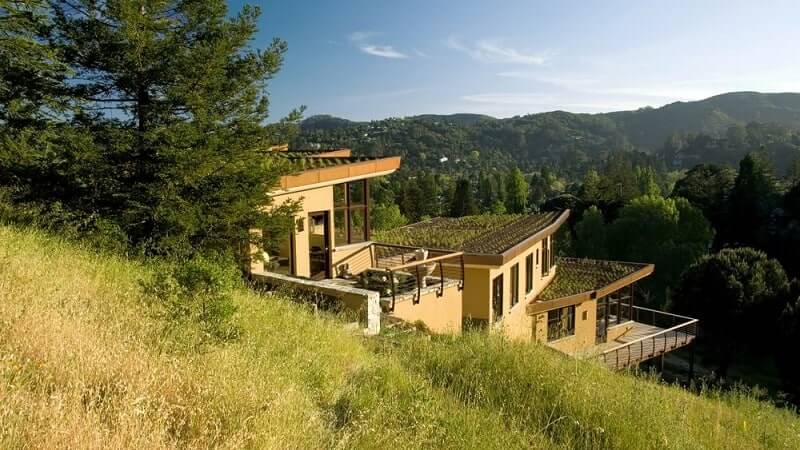
9 Things to Consider before Buying a Vocation Home
Buying a holiday home is very popular among the holidaymakers. Some people love to buy homes in hill stations whereas others prefer beach homes. But a vocation home is more than just spending holidays as it can also generate rental income. Therefore you should thoroughly research about vocation homes before buying. Here are the 9 things to consider before buying a vocation home.
Financial assessment
The first thing to consider for buying a holiday home is the financial condition. Home can be bought with cash or mortgage. Ideally home should be bought with cash as it has many advantages. But if you are buying with a mortgage then make sure that monthly payment is not more than 35% of your monthly income. Otherwise you will be left with less money for other expenses.
Consider Requirements
The second thing is to consider your requirements. This includes home size, number of bedrooms and other features. Normally small families require small homes whereas large families need large homes. Similarly, some people prefer to buy single storey homes whereas others like double storey homes. Just carefully consider your requirements as they greatly impact the purchasing cost.
Prime Location
Location is the single most important factor to consider while buying a home. A home with prime location has three advantages. Firstly; good location home will have easy access to all amenities. Secondly; prime location holiday homes have mesmerizing views of surrounding areas. Thirdly; homes built on prime locations have high resale values.
Local Amenities
Most holiday homes are located in remote areas away from city centers. These areas have few basic facilities. People living in hilly areas or beaches spend lot of time on traveling to buy goods from superstores. Holiday homes are to spend vocations and enjoy the outdoor activities. Therefore make sure that recreational facilities like shopping centers, golf courses, theme parks, cinemas and restaurants are near to the prospective home.
Safety Checks
Holiday homes are always prone to natural hazards. Homes constructed on hills or seafronts have many safety threats. Hillside homes are prone to land erosion whereas seaside areas are affected by floods. Just consult the local geographic department to know about the past history of land erosion and floods. This will help you in buying a home that is secure from natural disasters.
Home Condition
The next stage is to check the condition of the home. Newly built home are always in good conditions. But older homes have many structural issues and even finishes need to be replaced. You should personally visit the home to know the condition of structure, finishes and electricity & plumbing works. Personal visit will help you in two ways. Firstly you will know the renovation costs and secondly you can negotiate the right price.
Extra Costs
In addition to the purchasing cost, holiday homes have hidden costs too. Firstly you have to employee watchman and maid to upkeep the home. Secondly regular maintenance of home is a must as seafront and hillside homes have low life due to harsh weather. Therefore consider the regular maintenance costs before buying a vocation home.
Renting Options
Most people buy vocation homes to spend summer and winter holidays. So home is empty most of the year. The smart landlords rent out their holiday homes when they are not living in. Just consult the local estate agents to know the renting options. Estate agents get lot of queries from the people who visit hill stations and beaches on regular basis. These agents can help you in renting your holiday home when you are not living in.
Resale Value
Buying a home is more than living as it is a long term investment that yields high returns. Therefore buying a home with good resale value is very important. Holiday homes have low resale value as very few people want to buy homes located on hills or beaches. But still you can get good resale value if your home is small in size and affordable in price. Hot location also increases the home resale value.
